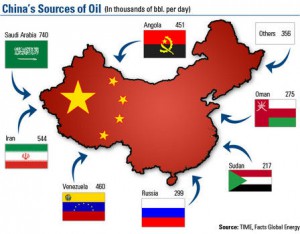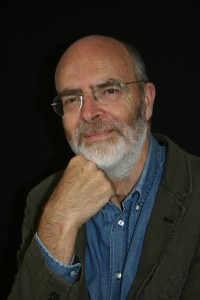
Media for Christ and Steve Klein, a California insurance salesman — but where did he get the money?
Players behind anti-Muslim film that incited protests in Mideast linked by anger toward Islam
EXTRACTS:
“I'd say this was the most unprofessional professional film I've worked on,” said Moers, who estimated the cost of production at $100,000. “I don't think anyone took it seriously.”
He said he was paid with a check issued on the account of Abanob Basseley Nakoula, the 20-year-old son of the purported filmmaker.
. . . . . . . .
Media for Christ President Joseph N. Abdelmasih has not spoken publicly.
Tax records for the charity do not identify any donors other than Abdelmasih, who lent the organization at least $30,000. He did not return phone messages and an email sent to the charity. Kamal Rizk, listed as vice-president on federal records, did not return several phone messages.
. . . . . . .
The Media for Christ offices are located just off a freeway and next to a mall with big-box stores in the quiet Los Angeles suburb of Duarte. There is no sign on the building identifying the non-profit.
. . . . . . .
Klein has a long history of anti-Muslim activities. He founded Courageous Christians United, which conducts protests outside abortion clinics, Mormon temples and mosques. He also started Concerned Citizens for the First Amendment, which preaches against Muslims and publishes volumes of anti-Muslim propaganda that Klein distributes. The Southern Poverty Law Center says they have been tracking Klein for several years and have labeled two of the organizations he is affiliated with as hate groups.
Related:
YouTube (13:50) Sam Bacile Muhammad Video – the Covert Action Film Inflaming Muslims






